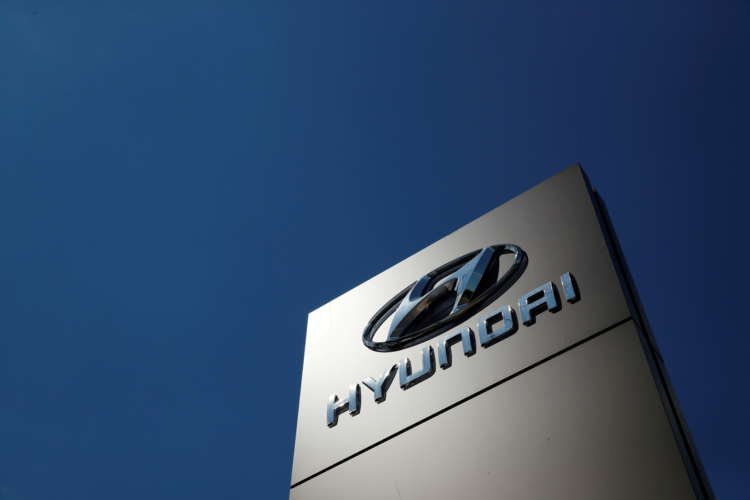Business
Hyundai Q1 profit triples, to adjust May auto production due to chip shortage
Published by linker 5
Posted on April 22, 2021
1 min readLast updated: January 21, 2026

Published by linker 5
Posted on April 22, 2021
1 min readLast updated: January 21, 2026

Explore more articles in the Business category











